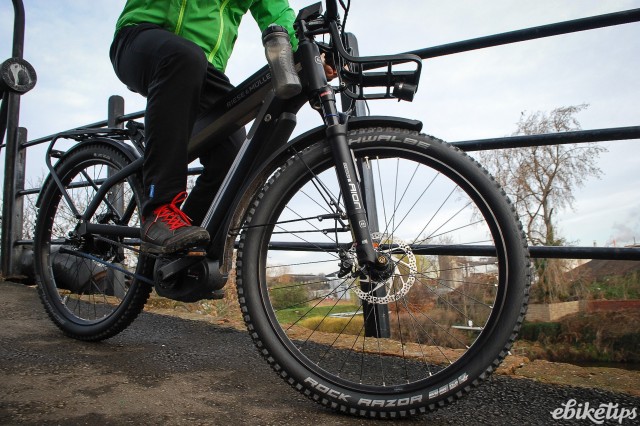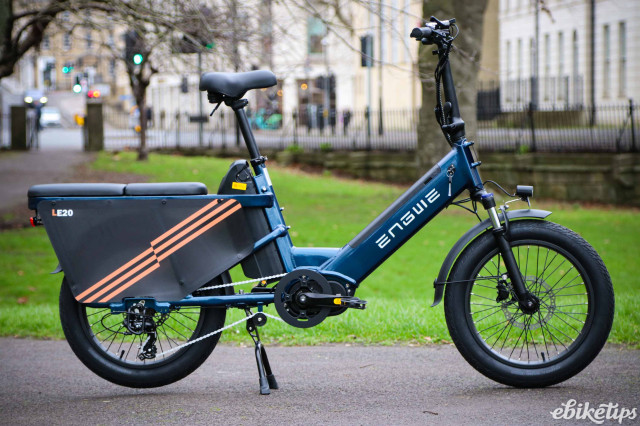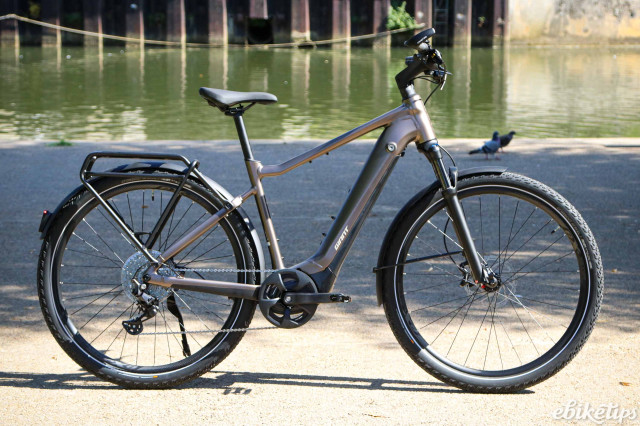Former Labour leader Ed Miliband says he had been a ‘very nervous’ cyclist before an e-bike made him a convert. “Ultimately, if town and city planning reflected the lives we want to live, I think walking and cycling would be taken far more seriously,” he says.
The comments come in his new book, Go Big: How To Fix Our World, which is being serialised in the Guardian, in which he devotes a whole chapter to ‘getting people out of their cars and on to cycle lanes’.
“You know how most children learn to ride a bike around five or six?” he writes. “Well, I learned late – about 11 or 12 – and have always been a very, very nervous rider. What’s more, having learned, I left it more than three decades before doing anything more than a few minutes of uncomfortable wobbling.
“We went through six prime ministers, drainpipe trousers, Duran Duran, the invention of the internet, email, Twitter, Facebook, the bacon sandwich incident – and still I resisted two wheels.”
Miliband says the trigger for returning to cycling was the first lockdown last year.
“I had to work out how I could get to work in an environmentally friendly way,” he says. "This led to a brief flirtation with an adult tricycle, but somehow it didn’t seem for me. I was a bit worried about the stigma (and the photos).
“Then, aged 50 and in Europe’s mountain biking capital – the French resort of Châtel – I had an epiphany. I hired an electric bike. This was the eureka moment, and I now have the zeal of a convert.”
Miliband believes that if town and city planning reflected the lives we want to live, then walking and cycling would be taken far more seriously. These forms of travel make us happier and healthier and help tackle pollution problems, he argues.
“Electric cars are key to getting emissions down, but just replacing every conventional car journey with an electric car journey isn’t going to be enough,” he says before pointing to Andy Burnham’s work introducing the Bee Network of cycle infrastructure in Manchester as well as Anne Hidalgo’s efforts in Paris as examples of how we should be encouraging people to cycle shorter journeys.
“Ultimately, the big idea here isn’t actually about transport; it’s about building a better life for people: ensuring everyone can live in a clean and attractive neighbourhood and giving them more choice about how to get around,” he concludes.






